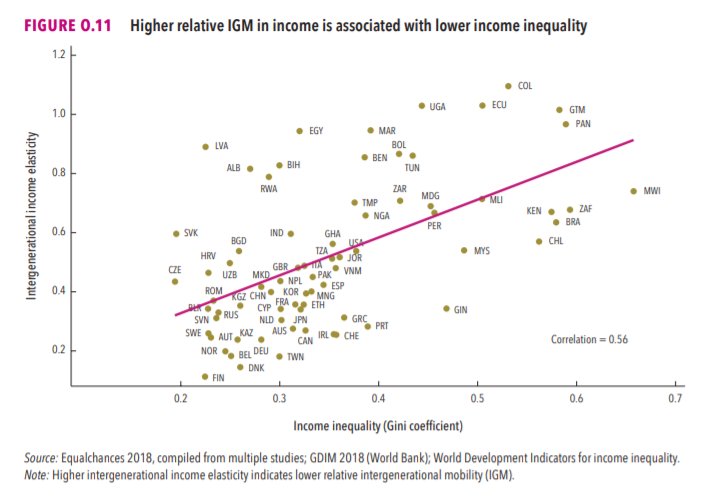So the controversy over the “gendered” language in the new House Rules is as follows.
1. The House Rules contain an anti-nepotism (you can’t hire your own relatives) provision.
2. To make that make sense, there’s a definition of who is included in the meaning of a relative.
/1
3. That definition is found in Rule XXIII, clause 8(c)(3). This👇🏻is what the definition said in the Rules for the last Congress (the 116th). It uses words like mother, father, wife, husband, daughter, son, etc. Words that convey gender. /2
4. The proposal for the new Congress (the 117th) was to change that definition to “non-gendered” language. Each new Congress adopts its own Rules at the beginning of its session, shortly after being sworn in. The *changes* to the old Rules are proposed in a House Resolution. /3
5. This year that was House Resolution 8. It proposed to change that definition of “relative” in section XXIII.8(c)(3) - & only in that section - to “non-gendered” language. 👇🏻
/4
6. House Resolution 8 passed, of course, so when the House publishes the nicely printed copy of the Rules for the 117th Congress, the “non-gendered” language will be used in the definition of relative, so: parent, spouse, child. Words that don’t convey gender. /5
7. This change does NOT change the definition of “relative” for any other purpose or any other Rule or any law or for debates on the House floor. It only changes it for the anti-nepotism provision in the House Rules.
/6
8. However, it may be a harbinger of things to come, such as requiring that all House materials or legislation use “non-gendered” language.
9. Resolution 8 for example also changed the word “Chairman” to “Chair” for example.
/7
10. This is both good & bad. The original point of switching to “non-gendered” language was good. It was to stop using generally applicable words that by their meaning EXCLUDED women, such as “Chairman.” It was/is a recognition that women can hold such positions.
/8
11. But that only makes sense if the word you’re changing is a gendered word for something that could be a person of either gender, like a committee chair.
12. Some words, however, are gendered precisely because only one gender can constitute that word- like mother.
/9
13. Changing to “non-gendered” words for things that are by definition gender specific is wrong, idiotic, anti-feminist, & anti-equality. It erases people.
14. So changing from gendered to non-gendered words must be done carefully. Where it increases equality, great.
/10
15. Where it erases people, it should not be done.
16. There are many instances for example where changing to “parent” will be more equal & also more efficient.
17. There will also be instances in which eliminating the word “daughter” only serves to erase women.
/11
18. There is a movement in our culture to erase gender, under the guise of “equality.” Sometimes what that movement proposes IS advancing equality for women, but increasingly it is also eliminating & harming the status & rights of women & girls.
/12







